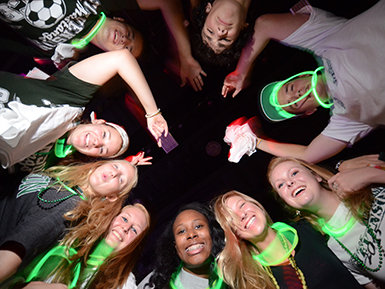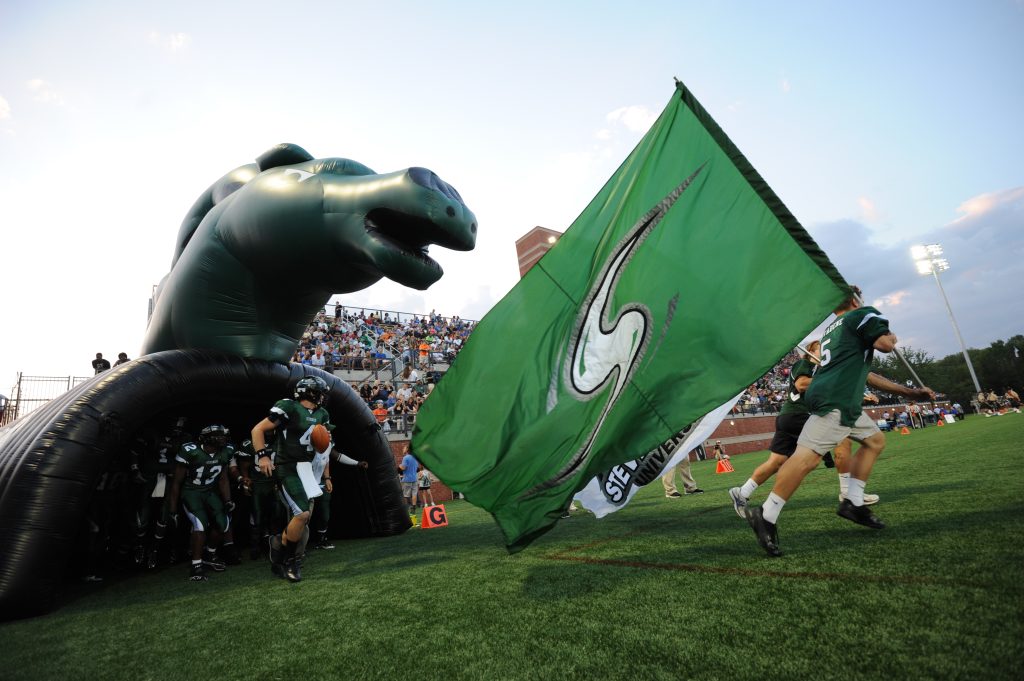
Four of the Business Communication faculty will be presenting at the 2018 National Communication Association convention, held in Salt Lake City in November. Their papers and presentations are listed below.
“Wakanda: For Real or for Play?”
This panel speaks to the thought-provoking and rhetorical power of the imagined African-inspired country and people of Wakanda. Dr. Heather Harris and Dr. Deric Greene presenting.
“Don’t Play with My Hair! Don’t Play with Our Blackness!”
These papers examine blackness is various ways from how a person feels about their hair, how some have “played with” the idea of Blackness, and how Black masculinities play out in popular culture. Dr. Heather Harris responding.
“African American Communication and Culture”
This session includes presentations that address African American communication and culture in a variety of contexts from a range of methodological approaches. Dr. Deric Greene responding.
“Communication at Play in the Classroom: Examining Various Communication Ethics Activities”
This panel offers participants the opportunity to learn about various activities designed for any communication ethics course or area of communication that focuses on communication ethics. Dr. Leeanne Bell McManus presenting.
“Teachers on Teaching Series: Honoring the Pedagogy of Janie Harden Fritz”
This panel honors the teaching of Janie Harden Fritz, someone “…who is our cheerleader and our advocate. She is not only knowledgeable in the field of organizational communication, intercultural communication, interpersonal communication, and ethics…” Dr. Leeanne Bell McManus presenting.
“Hot Topics as Play in the Classroom”
This project will discuss a Hot Topic activity that encourages and promotes classroom engagement and discussion as a type of play in the classroom. Dr. Leeanne Bell McManus presenting.
“How Obama’s Hybridity Stifled Black Nationalist Rhetorical Identity: An Ideological Analysis on His Two-Term Third Space Leadership”
This paper attempts to explore the underlying disruptions in which hybridity, as a relational interactional concept, unintentionally assaulted the normative Black Nationalist rhetoric that created a safe space for both of the oppositional others – Blacks and Whites — to remain in their camps, from which they could shout, feel guilt, shame, inclusion or exclusion. Dr. Omowale Elson presenting.





